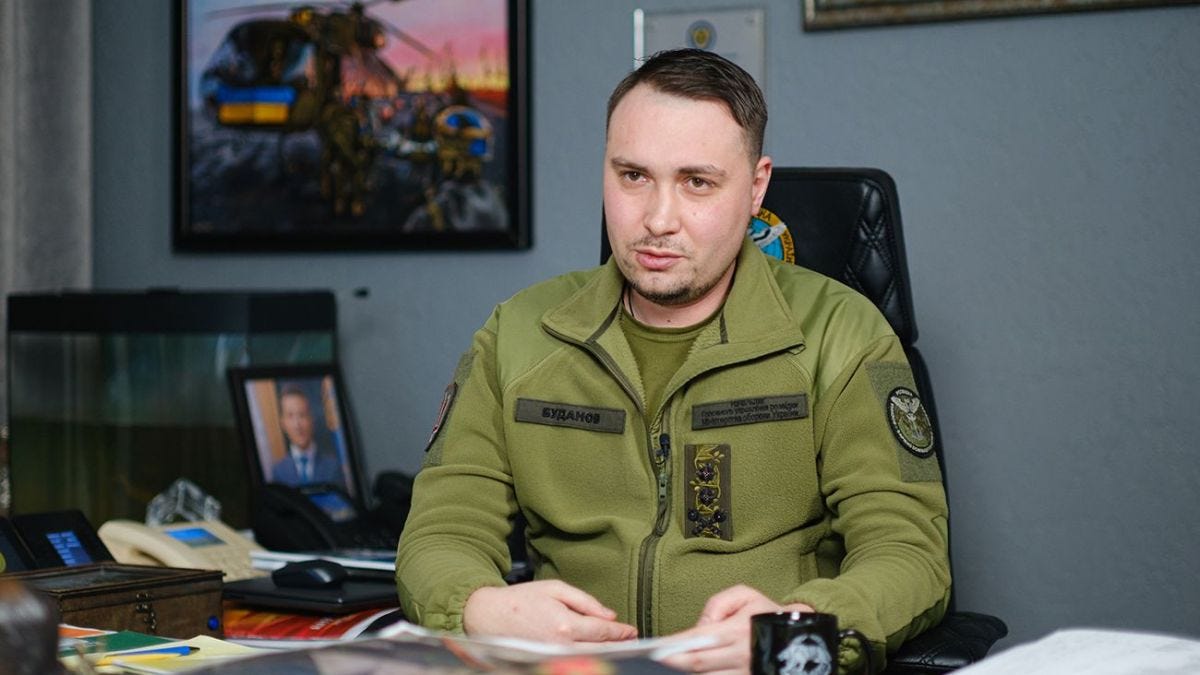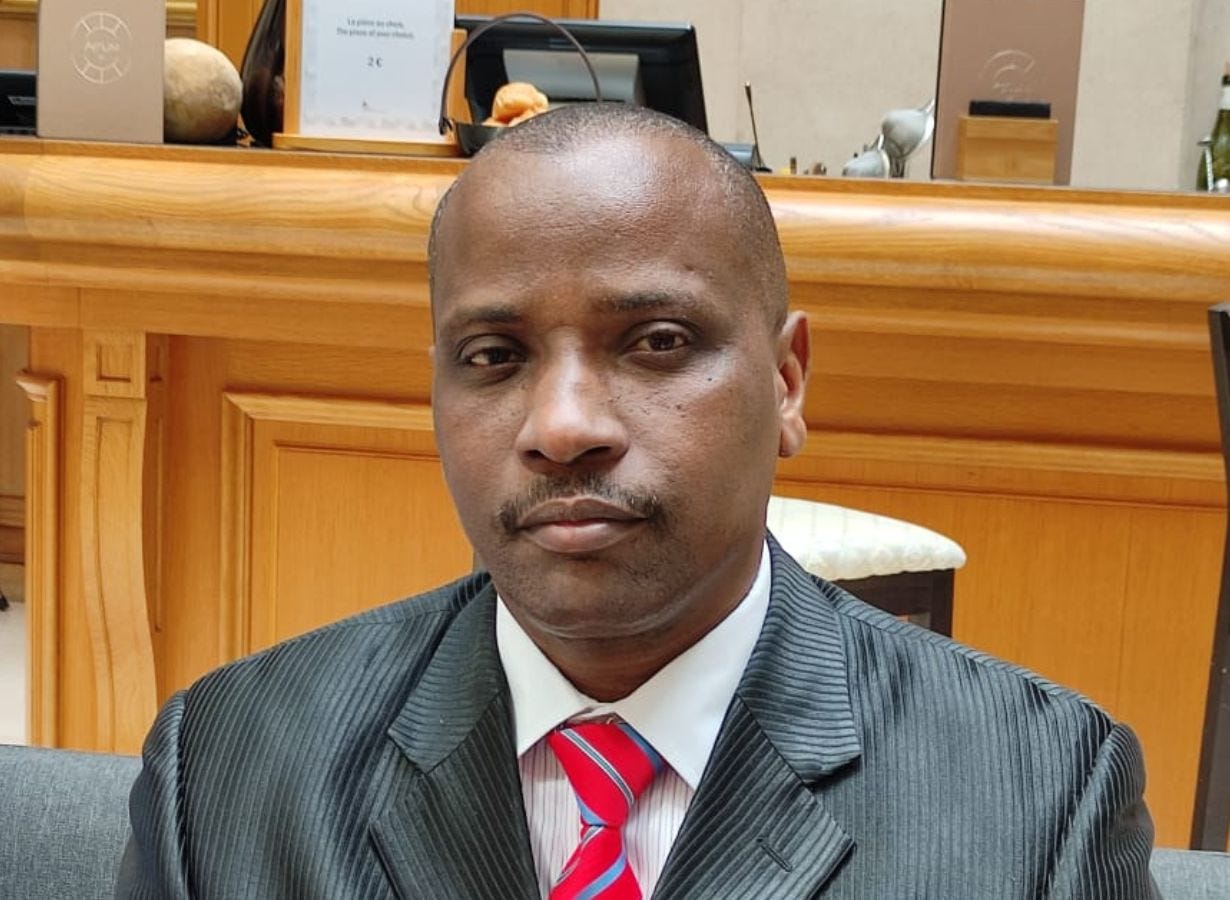How the “Africa Rising” Optimism Could End Up Yet in Another Nightmare
A wake-up call from senior geopolitical strategist, Paul Kananura, at the Paris-based Institut Afrika.
By Paul Kananura

The global economic order born of World War II is in active turmoil, and in the new scramble of world powers to reposition themselves, Africa—which is yet to recover from the consequences of the historic Berlin Conference—finds itself again in harm’s ways.
From the supply of weapons and intelligence for proxy wars (as with Ukraine’s recent involvement in that butchery against soldiers in Mali) to the incitement of inter-ethnic strifes, Africa seems dangerously unprepared for the looming storm.
How bad could it all be? And is there anything at all within the power of Africans that could defuse what could be a nightmare in the making?
If anything, it is dangerous for the continent to be so rich as to excite the greed of everybody, and yet lack absolute control of its own agenda.
Africa, as the focus of intense geo-strategic interests, faces chaos that predators are keen to exploit.
It is becoming a battleground for hybrid wars driven by fierce competition among powers vying to control its vast natural and strategic resources—often with little regard for state sovereignty.
In this new landscape of confrontation, regions such as Libya, the Sahel, the Horn of Africa, the Central African Republic, the Democratic Republic of Congo, and Mozambique have turned into theatres of geopolitical rivalry.
This trend is likely to extend across the continent, particularly affecting the Gulf of Guinea and Central Africa.
Recent events in Cameroon, Ethiopia, and Sudan have underscored the critical importance of controlling Africa’s strategic resources and their implications for the continent's security.
These asymmetric conflicts pose a threat to the very existence of Africans and their nations.

The strategy of terror
The application of the Roman principle of divide and rule represents Africa's worst nightmare.
It has fostered communities that unleash religious fundamentalism, narrow nationalism, extremism, and foreign-sponsored separatism—all aimed at seizing resources for the benefit of predatory interests.
This divide and rule strategy, the domination of Africa through terror, is increasingly evident.
In East and Central Africa, asymmetric conflicts are undermining the stability of countries such as Sudan, Ethiopia, Somalia, South Sudan, the Democratic Republic of Congo, the Central African Republic, and Cameroon.
In West Africa, terrorists are wreaking havoc in the Sahel and the Gulf of Guinea, while North Africa is threatened by terrorism in Libya, Tunisia, and Egypt—all compounded by tensions between Algeria and Morocco.
But does it stop there? Unfortunately, no.
Southern Africa, while experiencing relative economic and political stability, is disrupted by the insurgents in Cabo Delgado, Mozambique.
And then, maritime piracy in the Gulf of Aden and the Gulf of Guinea increases the uncertainties facing the continent, which lacks adequate defences.
In this context, Ukraine’s recent involvement in the Sahel warrants particular attention.
Proxy Warfare

Analysts and journalists often view the Ukraine development with a degree of levity or complacency, framing it as a new frontline in the struggle between the West and Russia in Africa.
Through the statements by some of its officials—its ambassador to Senegal, Pyvovarov Yurii, and its intelligence agency spokesperson, Andrei Loussov—Ukraine officially acknowledged its role in the terrorist attack.
And what’s clear is this attack, from 25 to 27 July 2024, was directed against Malian armed forces, and was facilitated by Tuareg separatists and jihadists in the Tinzaouatène region of Mali.
This Ukrainian action raises questions about the motives behind it, given that Ukraine lacks the intel capabilities, financial means, and logistical resources to assist terrorists directly.
It raises questions about the sponsorship of Al-Qaeda and ISIS in Africa. Is this a paradigm shift or a new strategy aimed at destabilising Africa, potentially opening a new avenue of confrontation between the West and Russia?
Certainly, this situation requires a transformation in political mindset and intelligent leadership among African leaders.
If African nations wish to guard against further Ukrainian-style interventions, they should follow the lead of Mali and Niger in severing diplomatic ties with Ukraine.
More important, they must wake up to the necessity of facing global challenges in a united front.
The Strength of Unity
“Building Africa in a world of geopolitical and geo-strategic rivalry requires African nations to seriously consider strong continental and federal institutions to address common security and geo-development challenges in a context of multiple crises.”
The structure of Africa's micro-states is economically unviable, militarily ineffective, diplomatically negligible, and politically detrimental.
A new governance model is urgently needed to reinvent a politically united Africa that is economically independent and strategically sovereign, redefining its relationships with the world.
There can be no African army without a clear pan-African identity, and no pan-Africanism without a shared commitment to strategic sovereignty.
The coexistence of national autonomies and continental strategic sovereignty, regulated by a federal state, is essential for achieving Africa's strategic and geopolitical autonomy.
Building Africa in a world of geopolitical and geo-strategic rivalry requires African nations to seriously consider strong continental and federal institutions to address common security and geo-development challenges in a context of multiple crises.
This is the mission of African leaders; if they fail to rise to the occasion, the continent’s youth and the new generation of military officers will take on this responsibility with determination and courage.
Youthful Asset
Africa's youth are carriers of innovation and change; they embody the aspirations of African peoples for better governance based on sovereignty, independence, morality, ethics, and economic effectiveness.
It is essential to rejuvenate public institutions and renew the political class. This renewal should reflect Victor Hugo's vision of "reversing the scale of values to replace immorality with morality, dishonesty with integrity, and treachery with patriotism."
As Denis Sassou N’Guesso of Congo recently stated in a message to the nation, "Youth is the equation of our times and the intangible key to the solutions for the future."
Thus, it falls to young leaders to undertake the mission of building Africa, driven by a patriotic ambition.
To achieve this, they must develop strategic and military skills, alongside intelligent leadership, through high-level patriotic, civic, and pan-African training. This will be the price of transforming African governance.
About the author
Dr. Paul Kananura is a Senior International Expert in Public Policy, Governance, Geopolitics and Strategic Security at the Paris-based Institut Afrika. You could email the institute here.



